In the jurisdictions served by Niagara SPCA and Humane Society, pet licence fees and donations are an important source for funding essential animal services. When you license your pet, know that you are doing your part to help your local shelter workers care for lost, injured and abused animals.
By The Numbers
4,000
Animals sheltered
per year
2,000
Adoptions
per year
35
Employees
85
Volunteers
20,000
Volunteer hours
Q&A
Talkin' Shop
We spoke with Executive Director, John Greer, about what’s been going on at the NFHS.
What is something you are really proud of as an organization? We are the first mobile spay and neuter clinic in Ontario. We’re also proud of the development of relationships we’ve had with many rescue groups and indigenous communities.
What is something that makes your shelter unique? Our shelter has a pet cemetery, which provides a final resting place for beloved pets and a place for reflection and memories. We also offer a low-cost spay/neuter clinic.
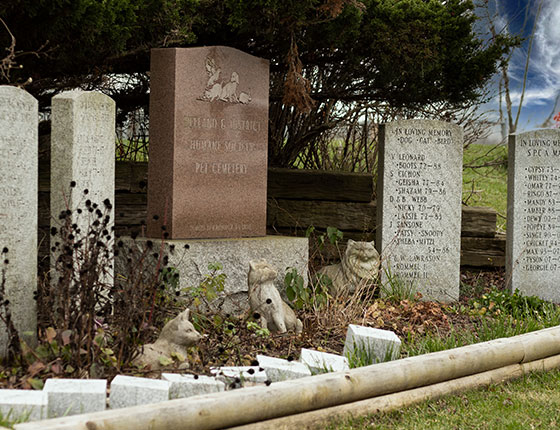
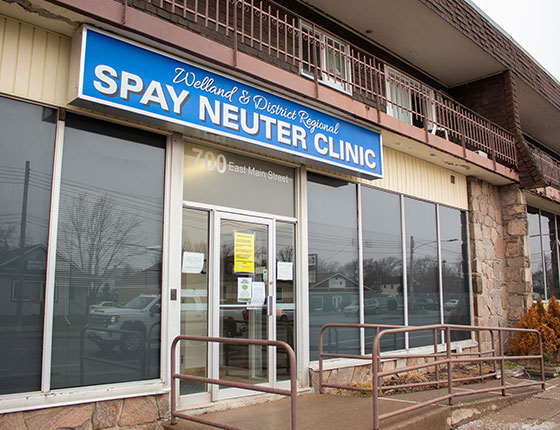
What is a program that you run that is really important for people to know about? A few important programs include the Flight Sponsorship Program, transfer partnerships, our mobile spay/neuter and rabies clinics and our Northern Rescue, which supports the rescue, transfers and adoptions of animals in need out of remote regions in Northern Canada.
Can you share a story of a specific pet you helped recently? Kingston, an energetic young dog, came to the shelter from Manitoba with two very bad wounds on both elbows. One was swollen and infected and one had exposed bone. Kingston was immediately prepared and sent in for surgery and soon enough he was ready for recovery. Although it’s hard to keep Kingston at rest, he’s recovering well!
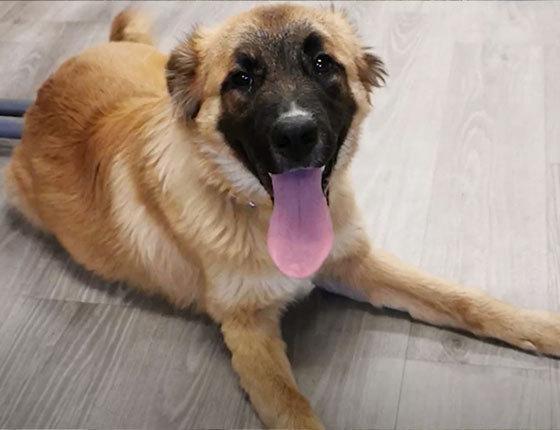
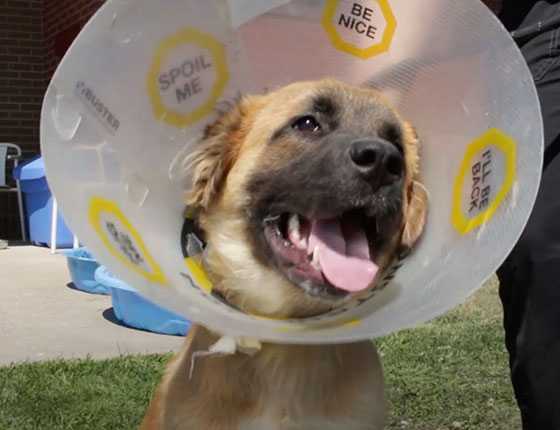
Marshall came to the shelter from Manitoba in June with a back injury. The muscle was almost completely gone from his back legs, making it hard for Marshall to balance and causing him to fall over from time to time. After an x-ray, it was discovered that he had a broken pelvis with multiple fractures and he no longer had a joint in his left hip. Even then, Marshall was a happy dog and still able to walk on his own to some extent. The shelter staff absolutely fell in love with him. The Niagara Canine Conditioning Centre kindly donated a wheelchair for him. He’s now been in it for a while. Marshall’s still figuring things out around tight spaces but all is going well!
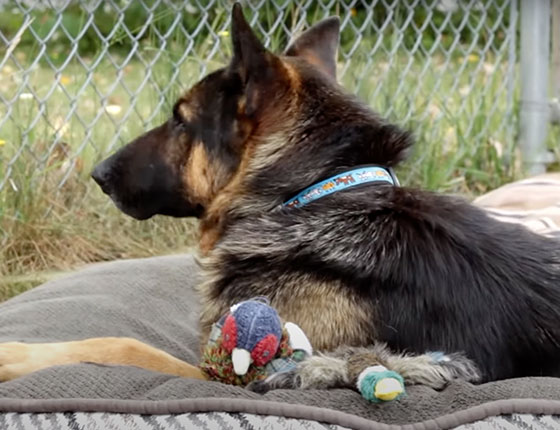
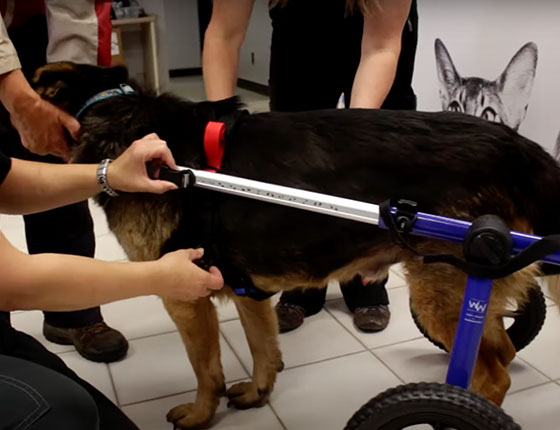
How many donors do you have? Over 1,000.
To what extent are pet licence fees contributing to your overall budget? 15%.
What is something you are raising funds for today specifically? We are focused on raising funds to support the rescue, transfer and adoptions of vulnerable animals from remote regions in Northern Canada.
Do you have any specific advice for pet owners that you’d like to share? The sap inside aloe vera plants is toxic to cats. Symptoms of aloe vera poisoning can include:
- Diarrhea
- Vomiting
- Loss of appetite
- Gastric upset
- Change in urine colour (to red)
- Tremors (rare)
For more information about the NFHS, visit https://nfhs.ca/

